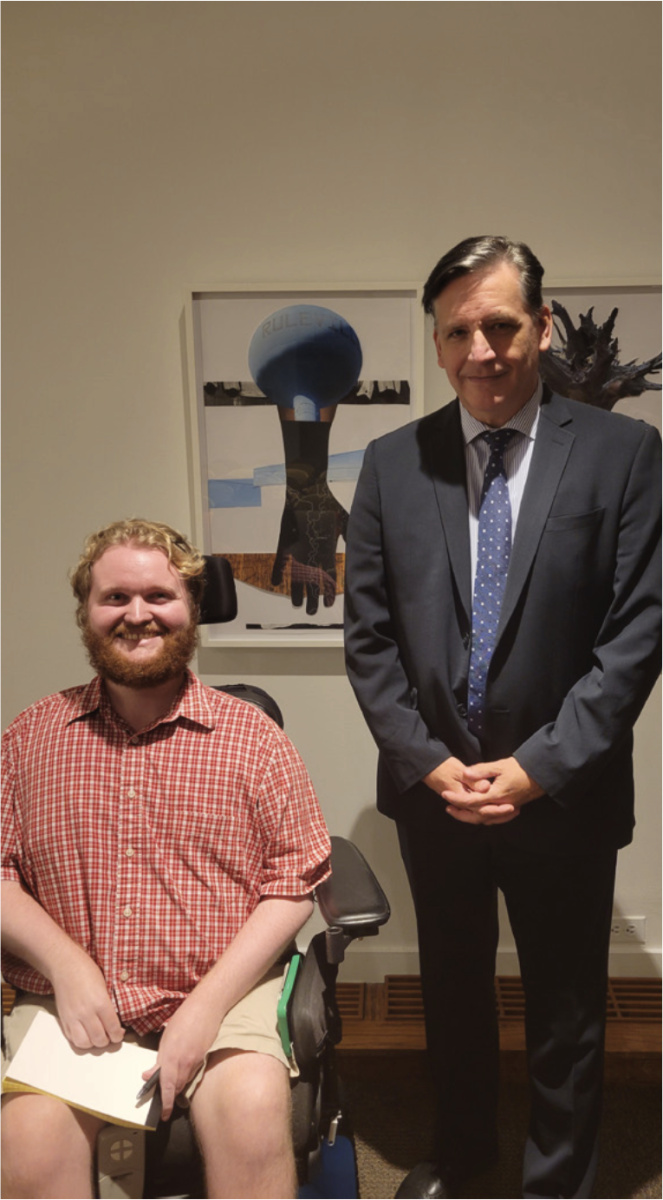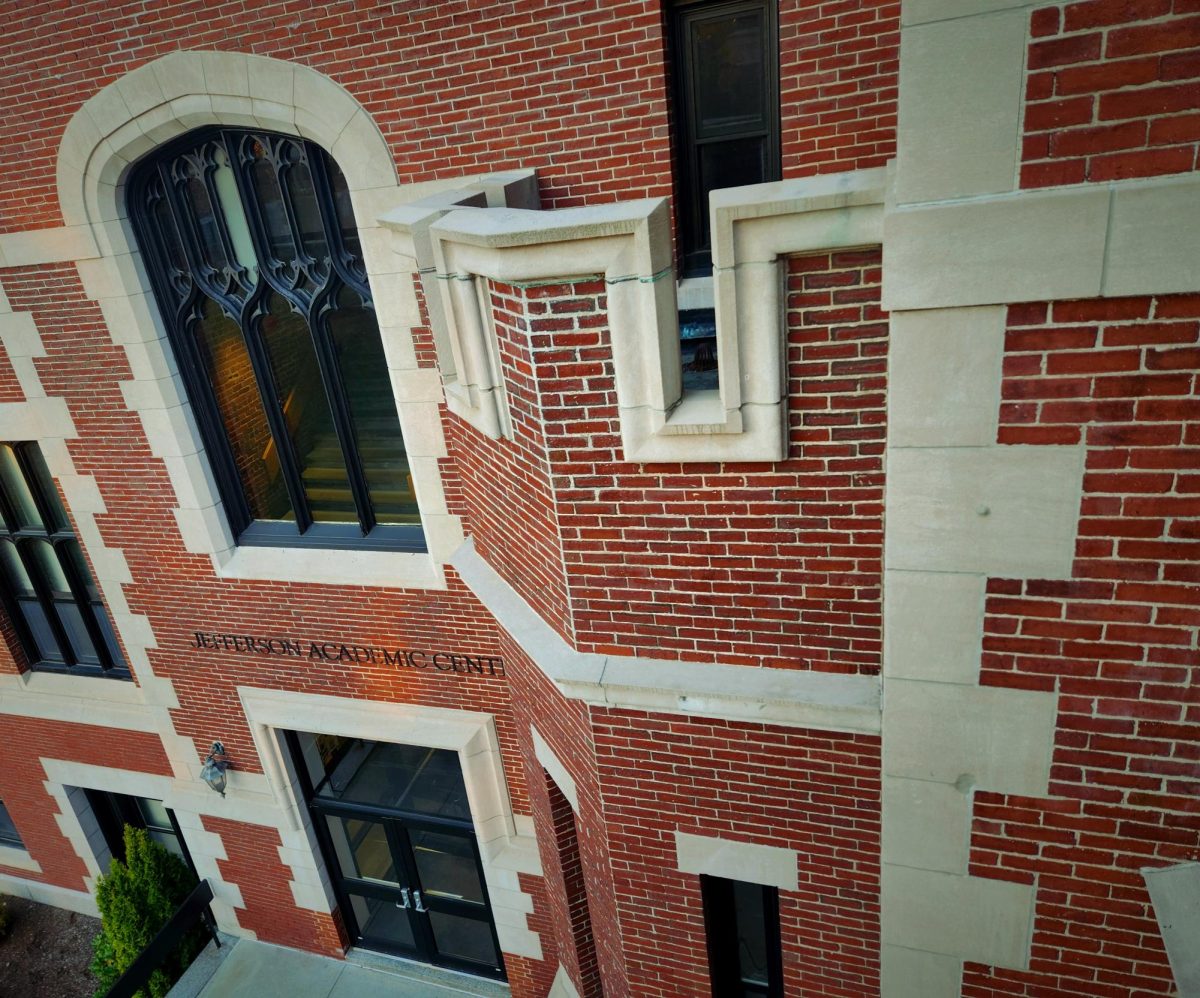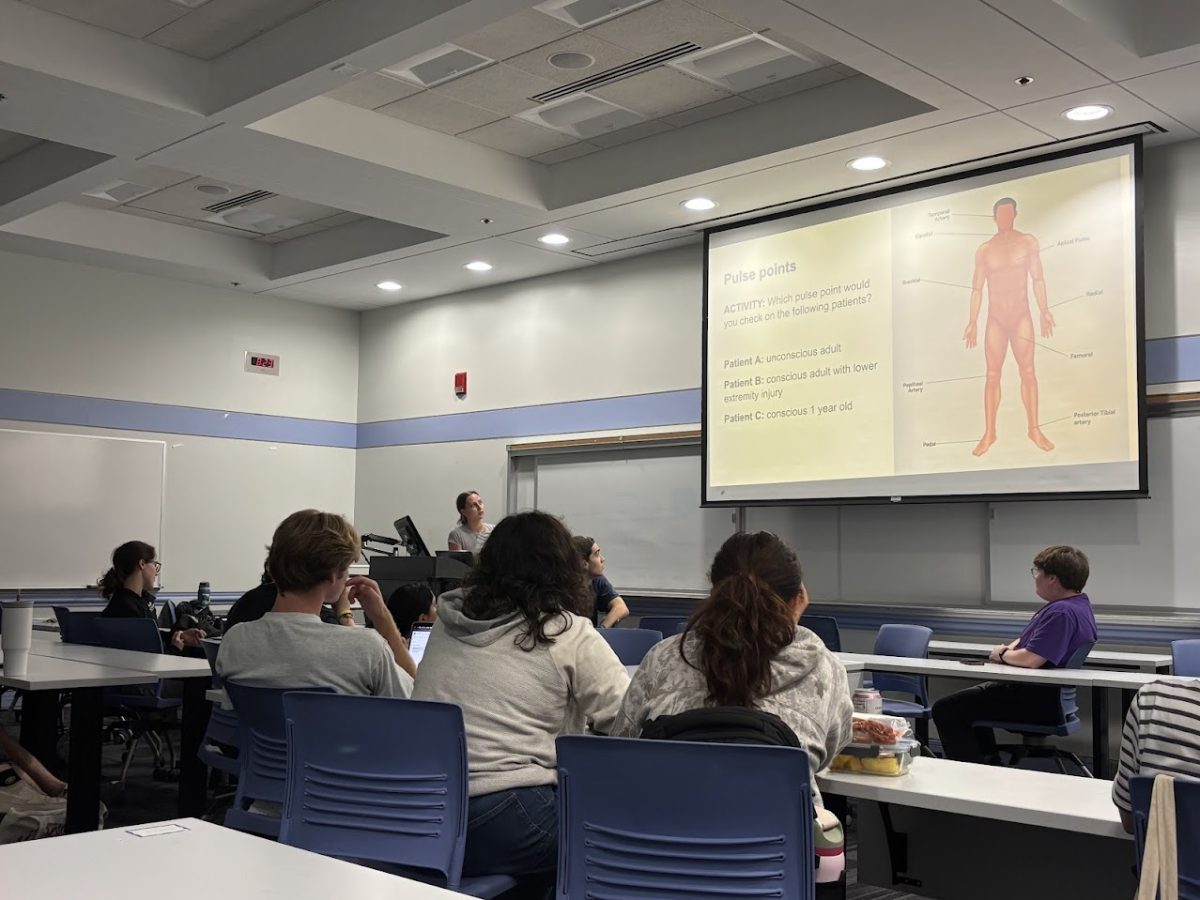The Clark Accessibility Network (CAN) is a new student initiative that advocates for accessibility improvements across campus. Formed last semester, the group has officially become a club on campus.
CAN was founded by students who were advocating for accessibility on an individual level and saw a need for collective action.
Co-President of CAN Else MacIlroy shared that the club was established because “We realized we were all advocating for accessibility on Clark’s campus individually.”
CAN has two main goals. The first is to advocate for accessibility improvements on campus and connect students with the right resources when they face barriers to accessibility. The second goal is to create a community for students registered with Student Accessibility Services (SAS).
Before the school year began, CAN participated in the Bridge to Clark Early Orientation, supporting incoming SAS students. Members also sit on Clark’s Accessibility Committee and engage in regular meetings with Clark Administration.
“We also work to advocate for improvements on campus and share feedback through having members of our E-board on Clark’s Accessibility Committee, meeting with Dean K and SAS, and meeting with different offices on campus,” MacIlroy explained. “This allows us to share where students are running into barriers and make sure the University is aware of our concerns.”
Students in CAN have voiced concerns over negative experiences with University Police (UP).
“CAN members met with Lieutenant LaPlante and learned that UP doesn’t have access to any student health information, so when they are called to support a student, they arrive with no information,” MacIlroy said.
CAN was able to collaborate on a solution with Lieutenant LaPlante to develop a voluntary form for students to disclose neurodiversity, physical health conditions, and mental health conditions.
“What this means is that if someone were to call in about this person when the dispatcher looked them up, they would be able to see notes with information like “call an ambulance immediately” or suggestions on how to interact with the person when they become unable to communicate verbally,” MacIlroy explained. “The information is still private within University Police.”
CAN has also brought two additional issues to the attention of Clark administrators. First, creating a low sensory space on campus for neurodivergent students. Another area for improvement is the limited testing spaces on campus. SAS only has one small room for students who require testing accommodations. To address these barriers along with any other barriers students are facing, the group encourages students to use the Barriers to Access form, managed by the Office of Diversity and Inclusion (ODI), to report problems and advocate for change.
MacIlroy says that CAN hopes to collaborate with more clubs and organizations on campus as they grow. Whether registered with SAS or not, students can contribute by reporting broken accessible doors and other barriers via the Barriers to Access form.
“Even if you don’t personally rely on things like accessible doors when you notice they are broken, you can support other students on campus by filling out this form,” MacIlroy said.
Those interested in joining CAN can contact Else MacIlroy at [email protected].



